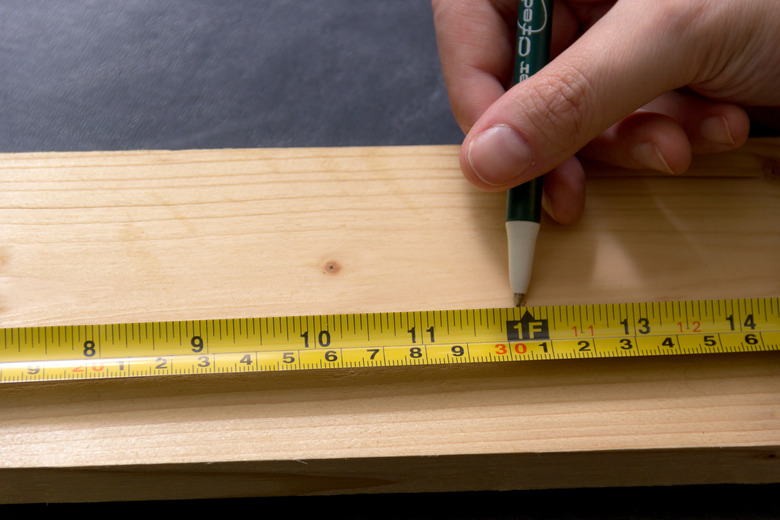How Addition & Subtraction Can Be Applied In Our Everyday Lives
Math calculations are ubiquitous at home, in the community and on the job. By mastering the basics, such as addition and subtraction, you'll feel more confident in a variety of settings that require quick calculation of numbers in your head, such as counting change at a drive-through restaurant. A solid foundation in functional math is also useful for more complex operations, such as adding or subtracting decimals, fractions or feet and inches, that may require a calculator or pencil and paper.
Household Duties
Household Duties
From your first cup of coffee to taking the dog out at night, math is needed for routine household tasks. For example, you may wake up craving two cups of coffee instead of one. If you normally add 1½ tablespoons of coffee to a percolator to make one 8 ounce cup, you'll need to add 1½ plus 1½ to know that three tablespoons of coffee are required. You'll also have to double the amount volume of water in the percolator. Throughout the day, math plays a role if you must check remaining cell phone minutes, measure your windows for curtains, bake half a batch of cookies, reduce your household budget or determine what time to let the dog out if you desire eight hours of sleep before your alarm sounds in the morning.
Buying and Selling
Buying and Selling
Anytime you use credit or debit cards, it's smart to check your bank statement and personal checkbook ledger for accuracy. For example, if your beginning balance was $1,000 and you bought $200 of groceries, your ending balance should be $800. When stopping by the grocery store for a handful of items, it's useful to add up your intended purchases before checking out to make sure you have enough cash in hand or money in your checking account. Other common monetary transactions involving adding and subtracting include calculating tips, completing tax returns and estimating sales tax on taxable items.
Job Success
Job Success
Most jobs require some level of math ability, ranging from basic arithmetic to vector calculus. Examples of jobs that involve extensive addition and subtraction include bank tellers, accountants, cashiers and food servers and toll booth operators. If you're in a hands-on occupation like carpentry, you'll measure boards and shorten them with a saw to the desired length. Even if your job doesn't require math, your boss may expect you to order supplies or fill out time sheets adding up your hours and subtracting leave time. You may also be instructed keep track of data, such as the increased number of daily calls received after a promotional ad aired.
Parenting Children
Parenting Children
Math proficiency is handy if children in your family turn to you for help with their homework. According to the book "What Can I Do to Help My Child with Math When I Don't Know Any Myself," parents should point out that math is practical and a requirement for college and many high paying careers. You can be a good role model by maintaining a positive attitude when assisting children with addition and subtraction. Parents and caregivers also add or subtract when determining the right dosage of medication for a child's weight, measuring how much a child has grown, helping count coins in a piggy bank or keeping score during baseball games.
Cite This Article
MLA
Dowd, Mary. "How Addition & Subtraction Can Be Applied In Our Everyday Lives" sciencing.com, https://www.sciencing.com/addition-subtraction-can-applied-everyday-lives-12015360/. 13 March 2018.
APA
Dowd, Mary. (2018, March 13). How Addition & Subtraction Can Be Applied In Our Everyday Lives. sciencing.com. Retrieved from https://www.sciencing.com/addition-subtraction-can-applied-everyday-lives-12015360/
Chicago
Dowd, Mary. How Addition & Subtraction Can Be Applied In Our Everyday Lives last modified August 30, 2022. https://www.sciencing.com/addition-subtraction-can-applied-everyday-lives-12015360/
